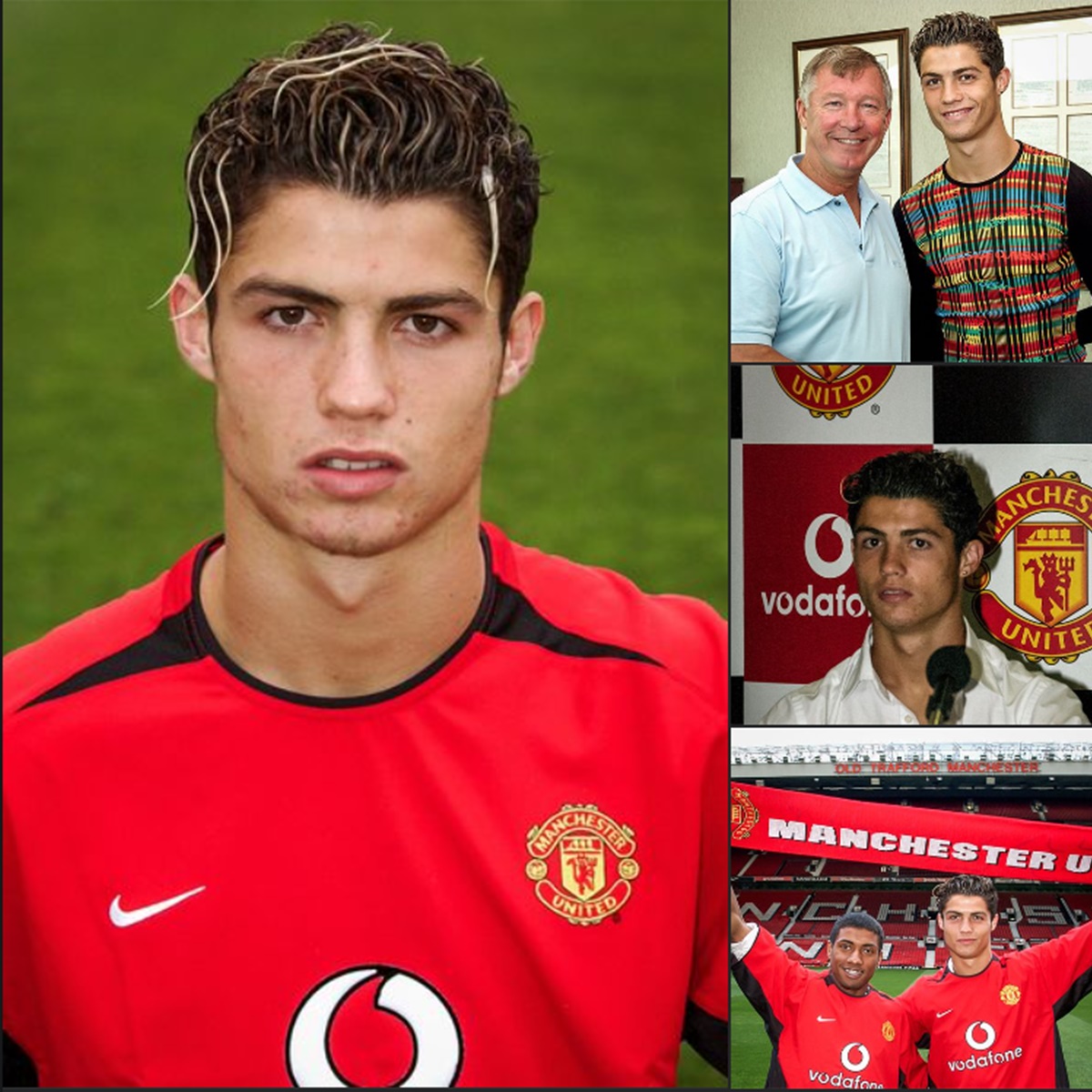In the summer of 2003, Manchester United made a move that would forever change the landscape of football. An 18-year-old Portuguese winger, relatively unknown on the global stage, was signed from Sporting Lisbon for £12.24 million. His name? Cristiano Ronaldo.
At that time, few could have predicted the impact this young talent would have on the world of football. Sir Alex Ferguson, United’s legendary manager, saw something special in the teenager who dazzled defenders with his incredible speed, footwork, and flair. Ronaldo’s debut season was full of promise, and while he showed flashes of brilliance, he was still a raw talent learning his trade.
However, under Ferguson’s guidance, Ronaldo quickly evolved. His dedication to training, relentless work ethic, and hunger for success began to bear fruit. Over the next six seasons, Ronaldo developed into one of the most feared forwards in the world. His transformation from a tricky winger to a complete footballer was remarkable. He scored 118 goals in 292 appearances for Manchester United, helping the club to three Premier League titles, an FA Cup, two League Cups, and the crowning glory of the UEFA Champions League in 2008.
Ronaldo’s individual accolades were equally impressive. He won his first Ballon d’Or in 2008, cementing his status as the best player in the world. His performances in the famous red shirt made him a global superstar, adored by fans and respected by opponents.
In 2009, Ronaldo left Manchester United for Real Madrid in a then-world record transfer. While his journey took him to other clubs, including Juventus and a return to Manchester United in 2021, it was at Old Trafford where the legend of Cristiano Ronaldo truly began.
Looking back, the signing of Ronaldo 21 years ago was more than just a transfer. It was the beginning of a story that would see him become one of the greatest players to ever grace the game. His legacy at Manchester United is etched in history, and his impact on football is everlasting. The rest, as they say, is history.

